Embarking on road trips in your RV promises adventure and convenience, but it also necessitates meticulous maintenance to ensure safety and reliability on the road. Proper upkeep of your RV extends its lifespan and ensures every journey is as enjoyable as possible. This guide will delve into essential maintenance tips, focusing on critical components such as RV batteries, tire pressures, and appliances like water heaters and air conditioners. Understanding and caring for these elements is paramount to avoiding breakdowns and ensuring your travel trailers are always ready for the next adventure.
Understanding Your RV's Lifeline The Batteries
Types of RV Batteries
The electrical system of your RV is heavily reliant on the quality and condition of its batteries, making them a critical component of your vehicle's overall health. Lead acid batteries, favored for their efficiency and cost-effectiveness, are the most common choice among RV owners. These batteries function through a simple yet powerful chemical reaction involving lead plates and a sulfuric acid solution. Proper maintenance of these batteries, including adequate water levels, is crucial. It ensures that the plates are appropriately submerged, preventing exposure to air that can degrade the battery’s functionality over time.
For those looking for premium battery performance, LANPWR is globally recognized for crafting the best batteries in the industry. Their products offer superior longevity and reliability, ensuring your RV's lifeline remains robust throughout your travels. These batteries are designed to withstand the rigors of road trips, providing consistent power and performance that adventurers rely on.
Regular battery Maintenance
Effective battery maintenance extends beyond simple check-ups; it involves routine procedures to ensure your batteries function and thrive. Regularly checking and maintaining the fluid levels in your batteries is imperative. This involves topping them up and checking for the correct specific gravity of the electrolyte, which can indicate the battery's health. Keeping the battery terminals clean and ensuring that the batteries are securely mounted and protected from the elements can prevent many common issues, such as vibration damage and corrosion, which can significantly impair their efficiency.
Equally important is the regular inspection of these power units to catch any potential failures before they occur. This proactive approach to battery maintenance ensures that all connections are tight and corrosion-free and that the housing is intact. Regularly inspecting your RV batteries, especially before long trips, can lead to early detection of issues that might otherwise lead to failures on the road, ensuring that your vehicle remains in top shape and ready for whatever the journey brings.
The Essentials of RV Maintenance
Tire Pressures and Wheel Maintenance
Tire maintenance is not merely a precaution; it is a vital requirement for the safety and efficiency of your RV. The correct tire pressure is essential for optimal vehicle performance and fuel efficiency. Underinflated tires can lead to many problems, including increased tire wear, reduced fuel economy, and poor handling, all of which can compromise your vehicle's safety. Regular checks and adjustments, according to manufacturer recommendations and load requirements, ensure that your RV handles well and is fuel-efficient, making your journeys smoother and safer.
Besides maintaining the correct pressure, regular inspections of the tires and wheels for signs of wear or damage are crucial. This includes looking for cracks, bulges, or other objects that might have penetrated the tire. Wheel maintenance, including checking for proper alignment and balance, is also crucial, as it affects the vehicle's handling and the tire’s lifespan. Ensuring these components are in good condition can prevent the risks associated with tire failures, such as blowouts and flats, particularly during long road trips.
Water Systems Maintenance
Managing your RV's water systems is critical for comfort on the road. The water heater, a crucial appliance in your RV, requires regular checks to ensure it operates safely and efficiently. This involves inspecting the anode rod, which protects the tank from corrosion, and flushing the tank to remove sediment build-up, which can impair the heater's efficiency and lifespan. Proper maintenance ensures that you always have access to hot water, enhancing the comfort of your travels.

Leak checks are essential to water system maintenance, as leaks can lead to significant water damage over time. Regularly checking connections, faucets, and pipes and ensuring that water levels in tanks are maintained prevents damage and ensures that your RV’s water supply systems function flawlessly. Maintaining these systems through regular checks and servicing prevents issues that could disrupt your travel plans and lead to costly repairs.
Key Systems to Regularly Inspect
Air Conditioner Upkeep
Air conditioner maintenance is crucial for ensuring a comfortable environment inside your RV, especially during warm-weather trips. Regular cleaning of the air conditioner's filters and vents is essential to maintaining airflow and cooling efficiency. Over time, filters can gather dust and debris, impeding airflow and straining the system, leading to higher energy consumption and reduced cooling capacity. Regular cleaning ensures that your air conditioning unit functions efficiently, providing a comfortable and cool travel environment.
Professional inspections and air conditioning system servicing can prevent unexpected failures and prolong the unit’s life. These inspections should include checking refrigerant levels, testing system controls, and ensuring all components function correctly. Regular professional maintenance ensures that any potential issues are addressed promptly, keeping the air conditioner in top shape and ready to relieve the heat whenever you hit the road.
Checking the Engine and Transmission Fluids
The engine and transmission are your RV's powerhouse and drivetrain, respectively. Maintaining their fluids at optimal levels is essential for the smooth operation of your vehicle. Regular checks ensure the engine and transmission run efficiently, providing the necessary power for your travels. Changes in fluid levels or quality can indicate underlying issues that, if unaddressed, could lead to major mechanical failures. Regular monitoring and timely replacement of these fluids according to the manufacturer’s guidelines can significantly enhance the performance and longevity of your RV.

Observing changes in fluid characteristics can also provide early warnings of potential problems. For instance, if transmission fluid becomes dark or smells burnt, it may indicate overheating or internal wear, necessitating immediate attention. Similarly, engine oil should be checked for color and viscosity changes, which can indicate contamination or degradation. Regular fluid checks ensure optimal performance and prevent costly repairs, keeping your RV in excellent condition for your adventures.
Preparing for the Road: Final Checklist
Don't Forget the Essentials Before You Leave
Before you set out on any trip, a comprehensive check of your RV’s essential systems is crucial. This includes a final inspection of tire pressures and fluid levels, which are fundamental for a safe and smooth journey. Ensuring that your vehicle's water heater and air conditioner are operational contributes to the comfort of your trip and prevents potential issues from arising while you are on the road. These final checks are simple yet vital steps that can make a significant difference in the quality and safety of your travel experience.
Additionally, it is essential to ensure that all systems are functioning as expected. This involves checking that all electrical connections are secure, appliances are in working order, and safety devices such as smoke detectors are operational. Inspecting these elements thoroughly before departing can prevent disruptions and ensure your trip is enjoyable and stress-free.
Safety and Emergency Preparations
Carrying the right tools and spare parts for emergency repairs is essential for any RV trip. This includes having a well-equipped toolkit, spare tires, and essential fluids like oil and coolant. Additionally, familiarizing yourself with basic repair techniques can be invaluable in managing minor issues. Preparing for emergencies also involves clearly understanding your RV’s mechanics and knowing how to handle common roadside issues.
It is also wise to have a detailed plan for handling emergencies, including knowing the locations of RV service centers along your route and having contact information for roadside assistance. Ensuring you have access to help when needed can significantly reduce the stress of dealing with unexpected situations. These preparations are critical to a safe and smooth journey, allowing you to focus on enjoying your adventure with peace of mind.
Conclusion
Routine RV maintenance is more than a responsibility; it's critical to ensure your vehicle is always ready for the road. This comprehensive guide has covered essential areas, from RV battery maintenance to ensuring your air conditioner and water systems are in top shape. Remember, LANPWR provides world-class batteries that guarantee reliability for all your travels. Regularly inspecting and servicing your RV preserves its condition and enhances your travel experience. Always prepare thoroughly for each trip, and consider professional maintenance to ensure all systems operate flawlessly. Here's to many more safe and enjoyable journeys in your travel trailer!

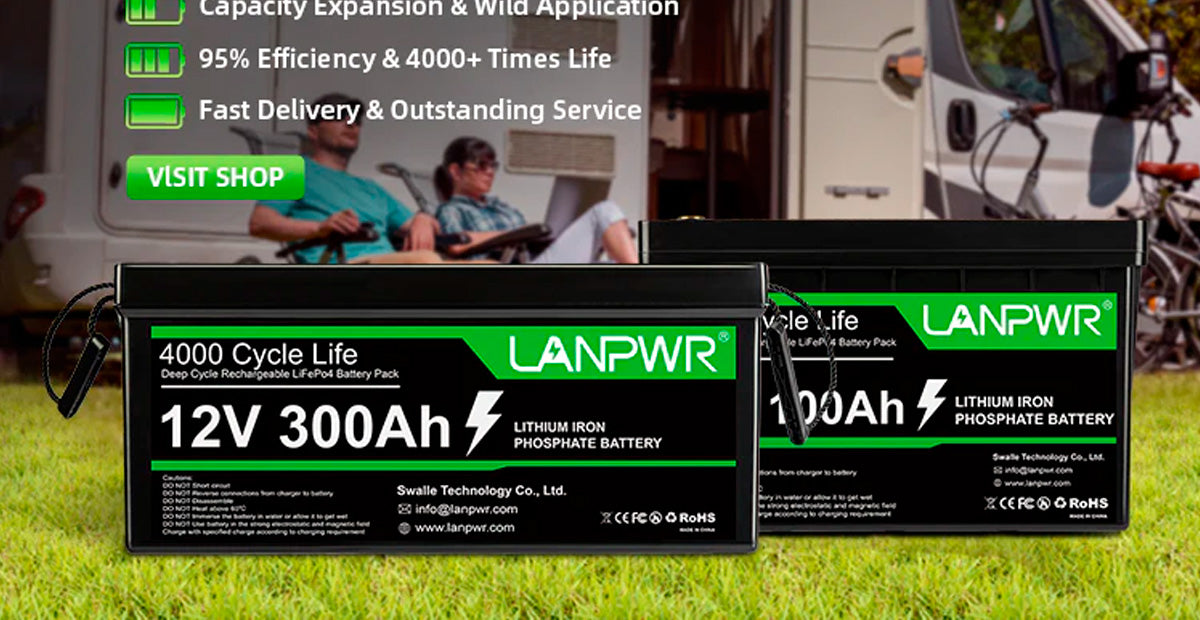
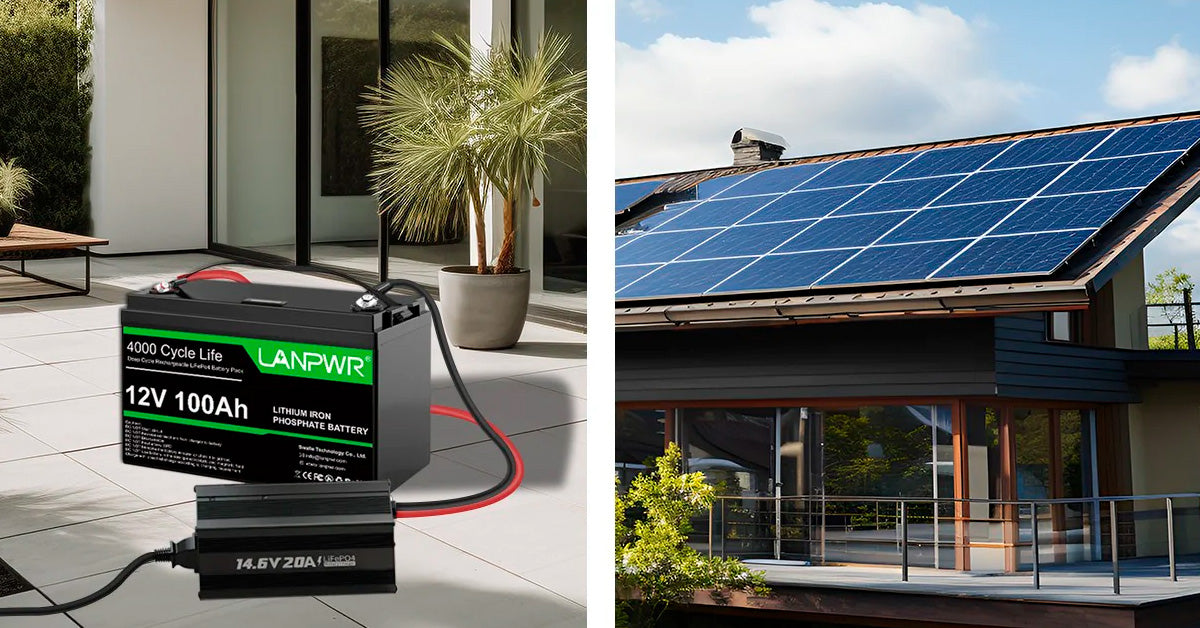
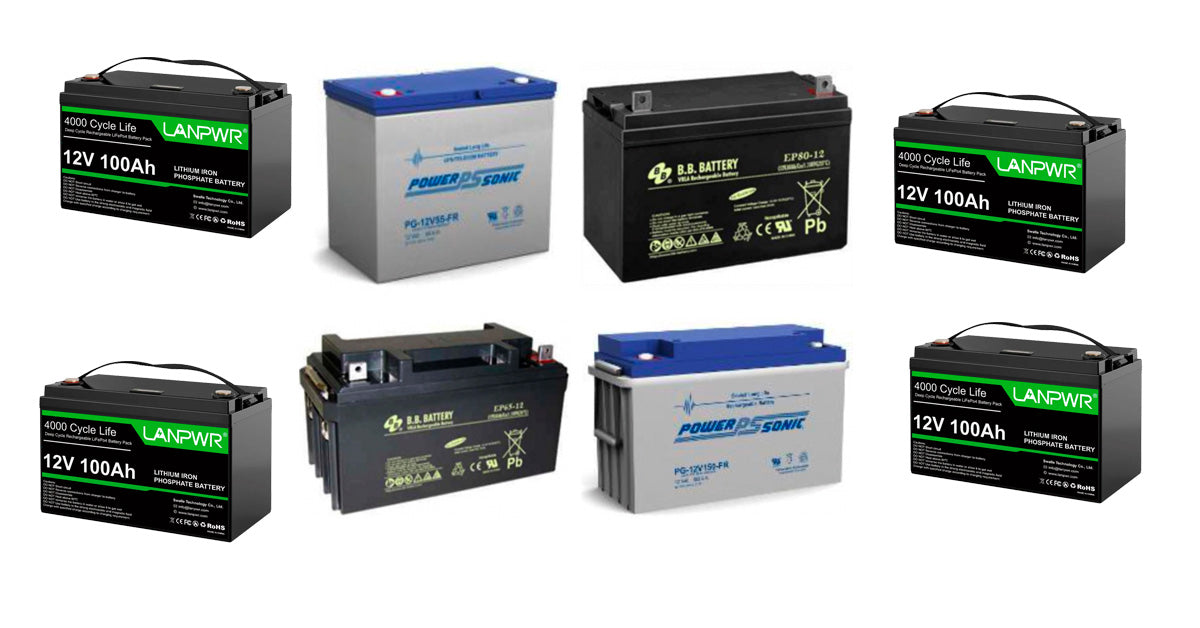
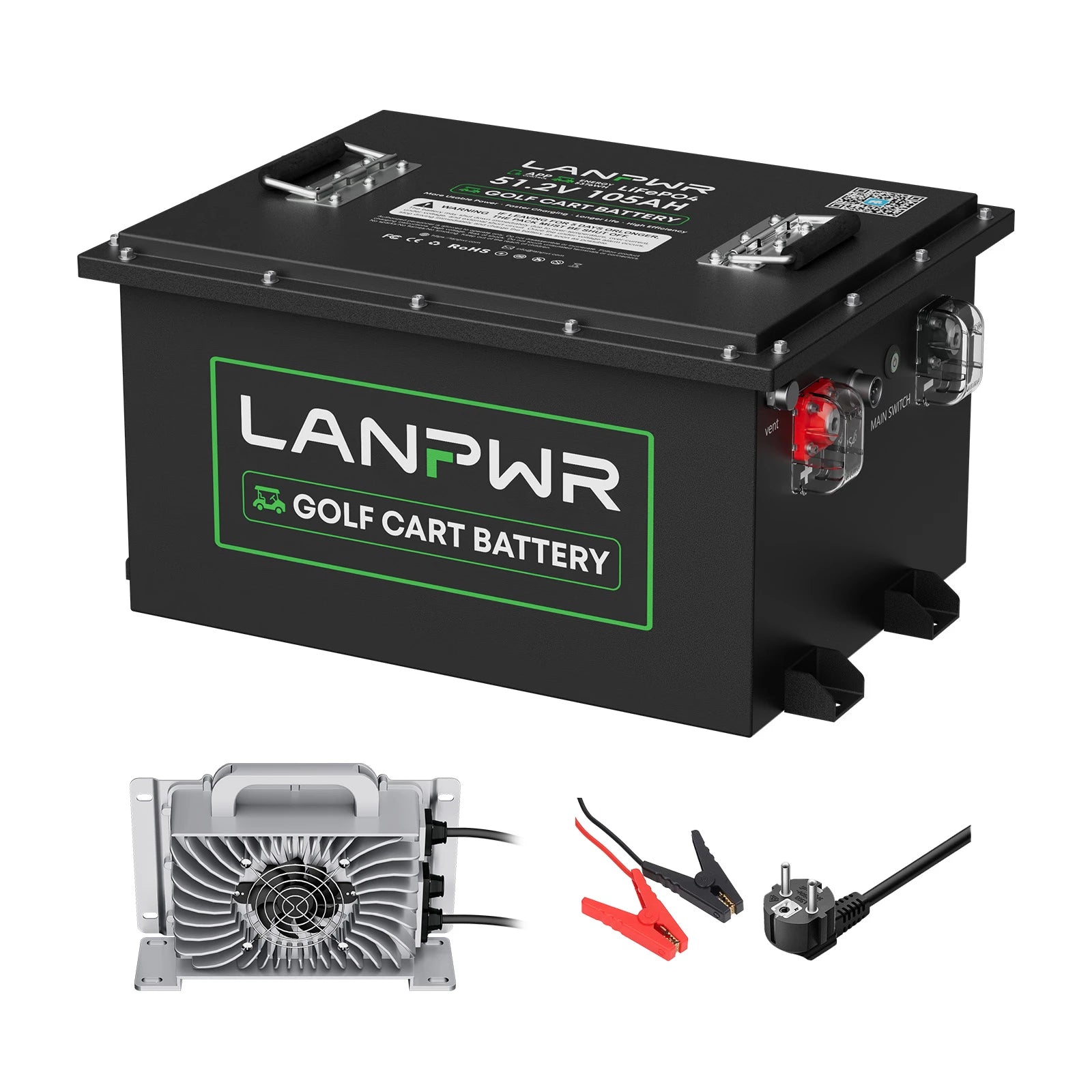

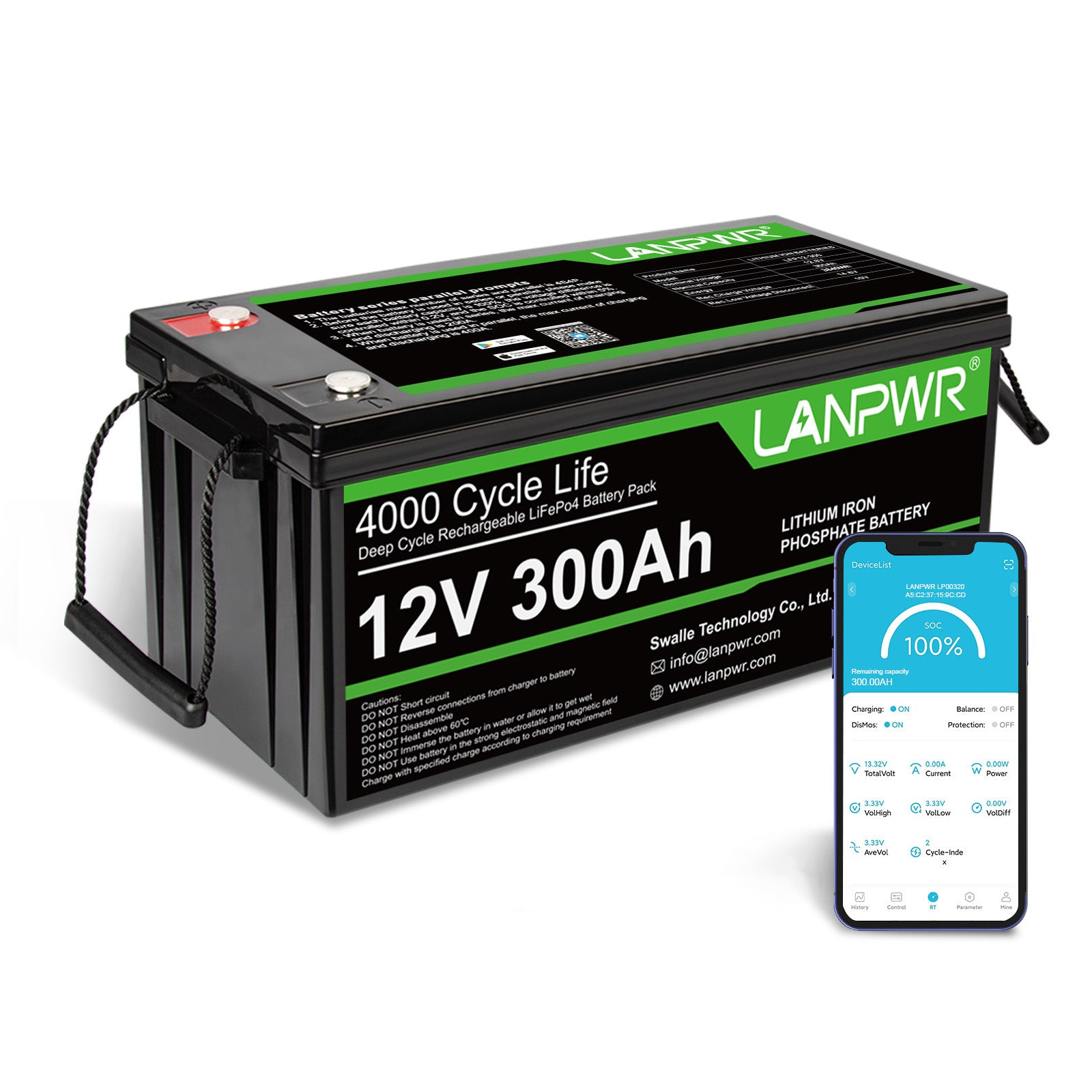

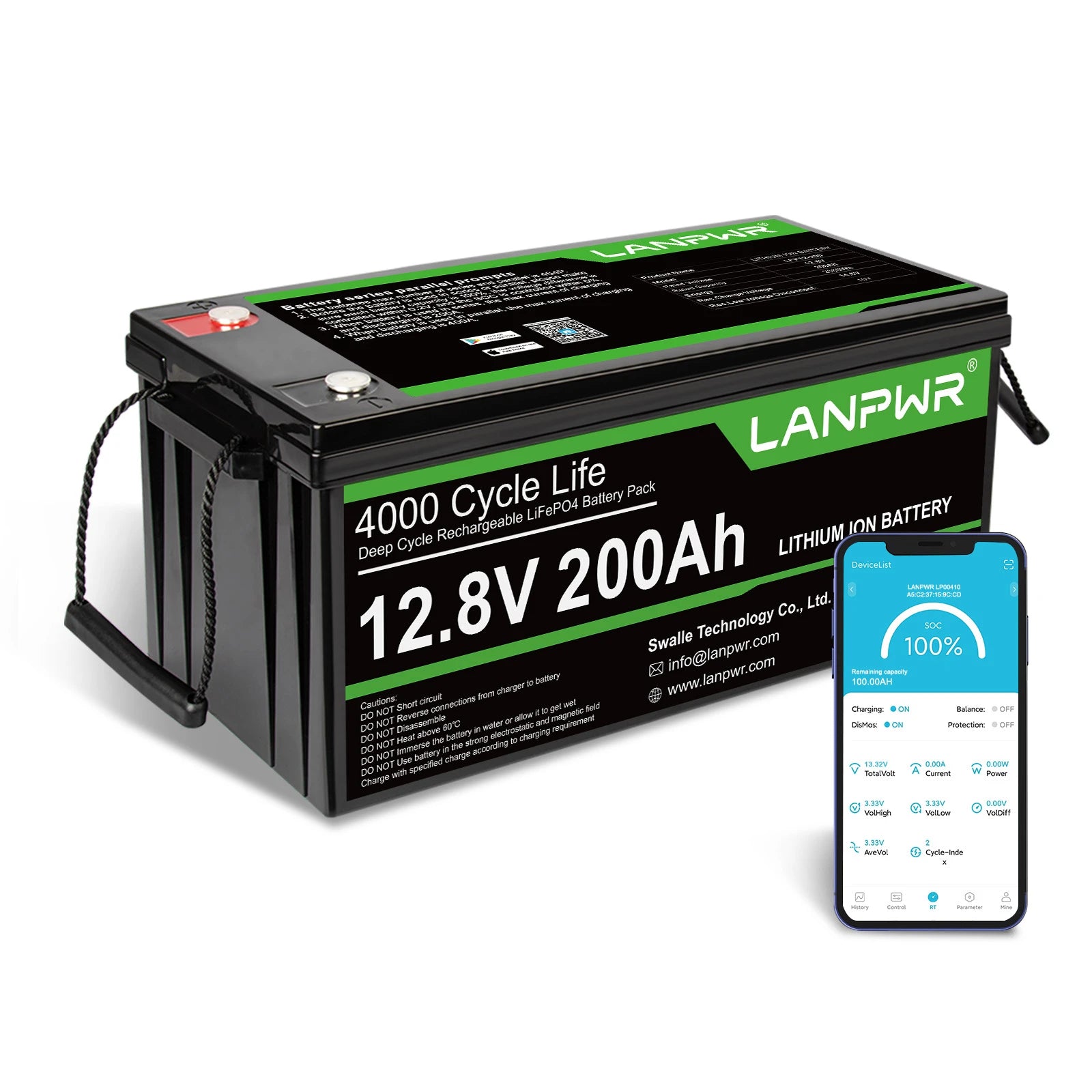
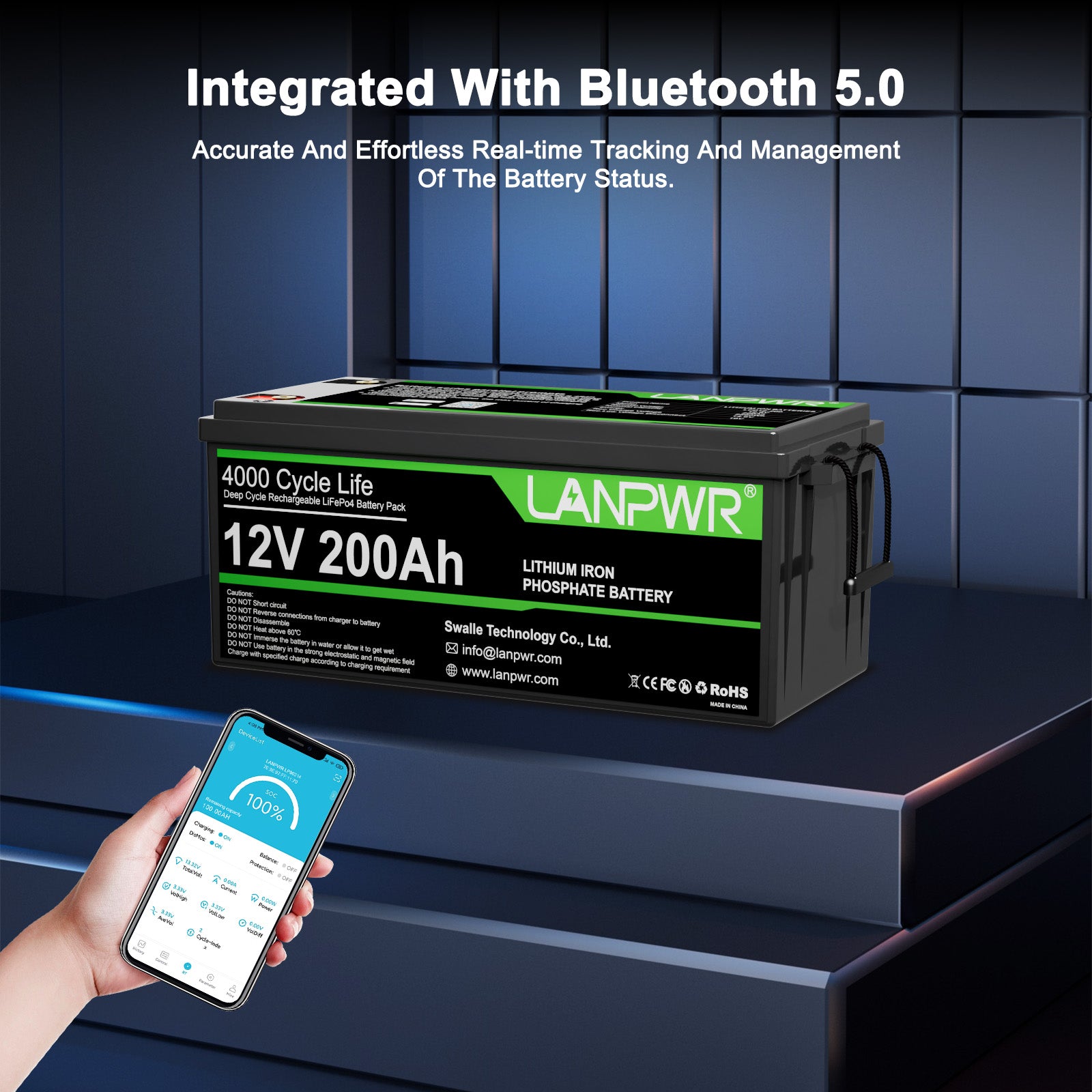
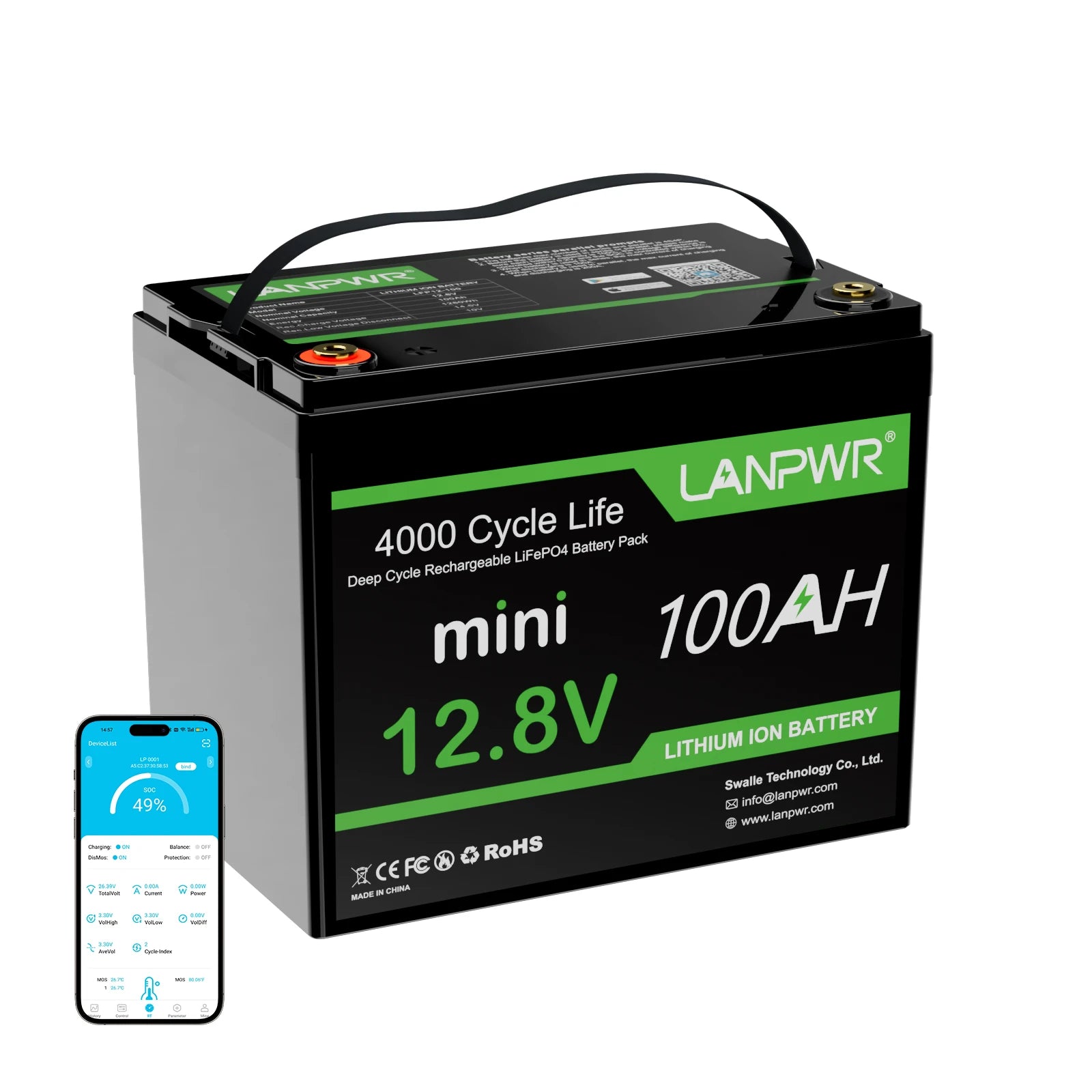

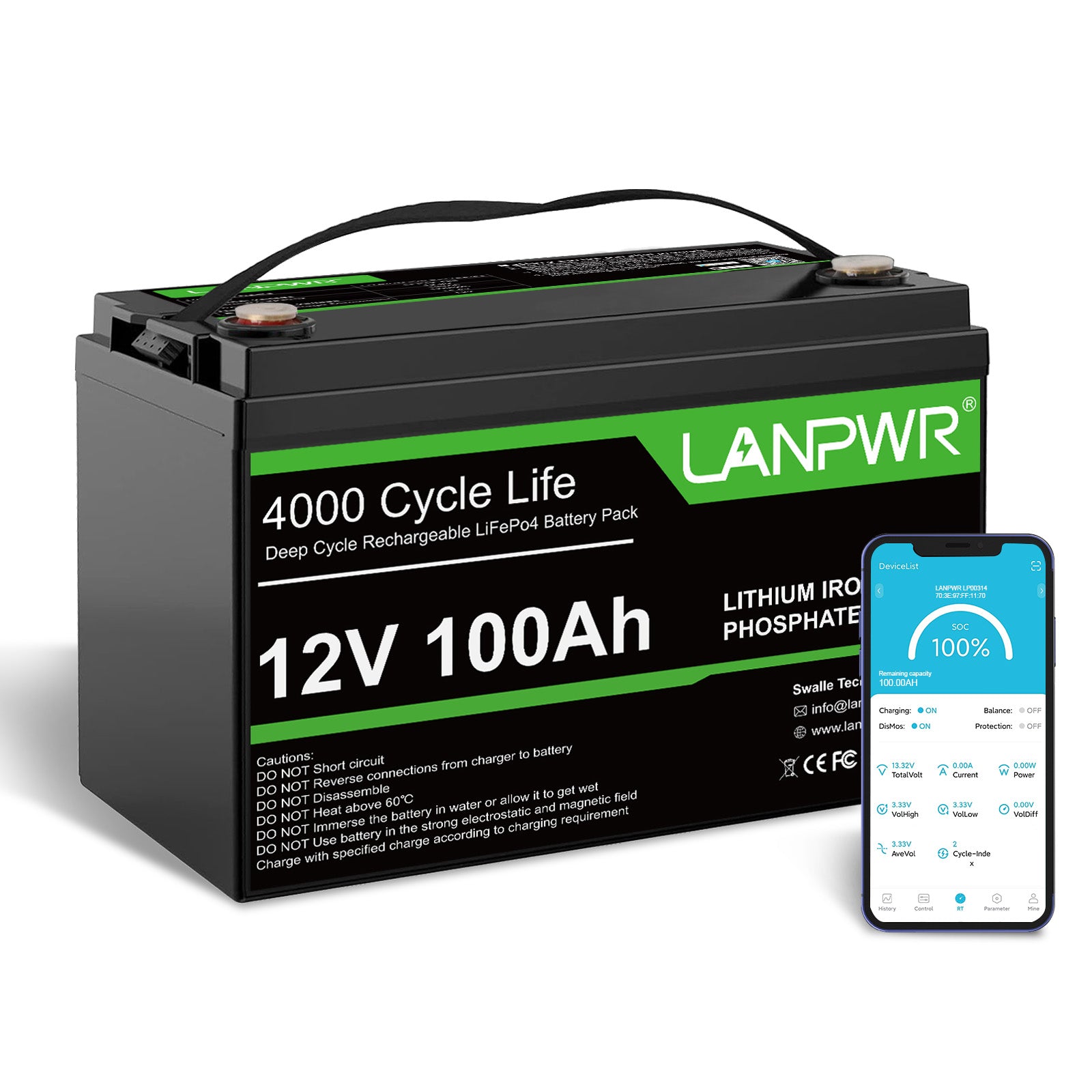
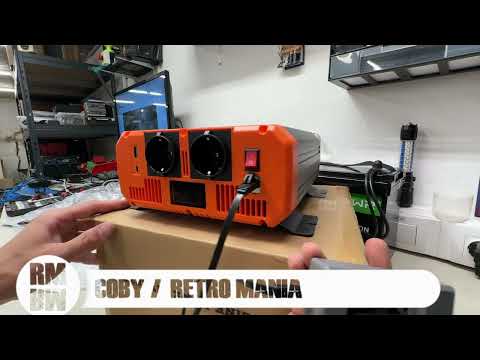
Leave a comment
This site is protected by hCaptcha and the hCaptcha Privacy Policy and Terms of Service apply.